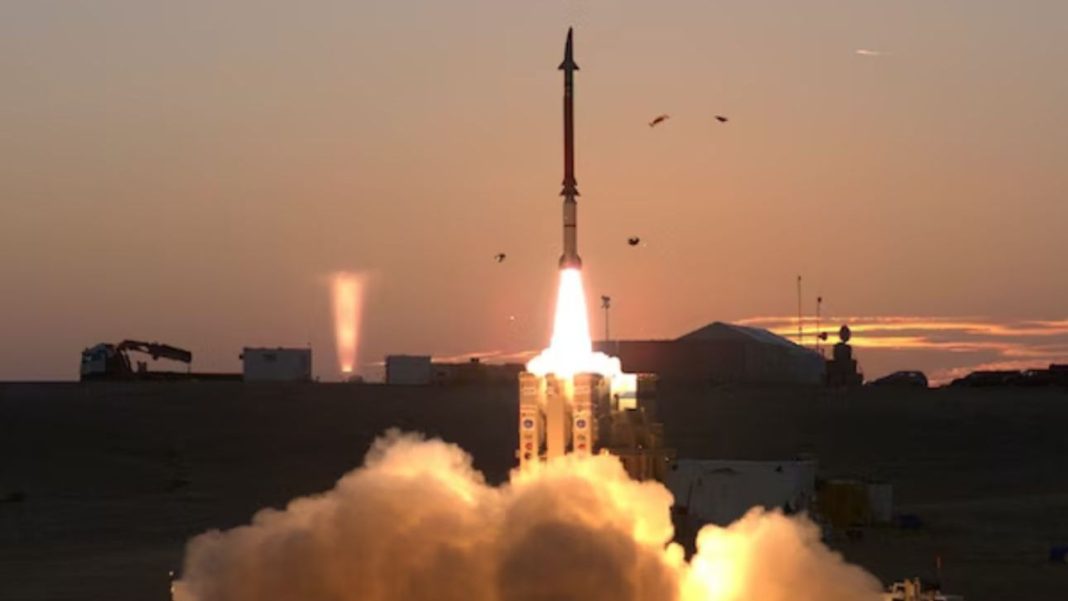Tensions Rise in the Middle East: Iran Prepares for Israel’s Retaliation as Gulf States Call for US Support
In a dramatic escalation of hostilities, Iran is bracing itself for a potential response from Israel following a recent ballistic missile attack. Meanwhile, Gulf states are urgently seeking intervention from the United States to help stabilize the situation. As the region holds its breath, let’s break down what’s happening and why it matters.
The Background: A Volatile Situation
The Middle East has long been a hotbed of conflict, with Iran and Israel often at the center of tensions. The recent missile attack attributed to Iran has heightened fears of an all-out confrontation. This isn’t just a local spat; it’s a complex web of alliances and enmities that involves multiple countries and has global implications.
Iran’s Position: Ready for Anything
Iran is reportedly preparing for Israel’s retaliation, which many analysts believe could be swift and severe. The Iranian government has been vocal about its stance, asserting that it will respond decisively to any aggression. This posture is not just about military readiness; it’s also about national pride and regional influence. Iran sees itself as a key player in the Middle East, and any perceived weakness could embolden its rivals.
Gulf States: Seeking a Lifeline
On the other side of the equation, Gulf states are feeling the heat. Countries like Saudi Arabia and the UAE are particularly concerned about the fallout from a potential conflict between Iran and Israel. They are calling on the United States to step in and help mediate the situation. The Gulf states have a vested interest in maintaining stability, as any escalation could spill over into their territories, affecting their economies and security.
The US Role: A Balancing Act
The United States has historically played a significant role in Middle Eastern affairs, often acting as a mediator or a military ally. However, the current administration faces a delicate balancing act. While there is pressure from Gulf allies to intervene, there is also a growing sentiment among Americans to reduce military involvement abroad. The Biden administration will need to navigate these competing interests carefully.
What’s Next? A Waiting Game
As the situation unfolds, both Iran and Israel are likely to remain on high alert. The Gulf states will continue to push for US involvement, hoping to avert a crisis that could destabilize the entire region. Meanwhile, the international community is watching closely, as any misstep could lead to broader conflict.
Conclusion: A Region on Edge
In summary, the Middle East is once again at a crossroads, with Iran preparing for a possible Israeli response and Gulf states urging US intervention. The stakes are high, and the potential for escalation looms large. As we watch this situation develop, one thing is clear: the region remains a complex tapestry of alliances and rivalries, and the path to peace is anything but straightforward. Let’s hope for a resolution that prioritizes stability and dialogue over conflict.



